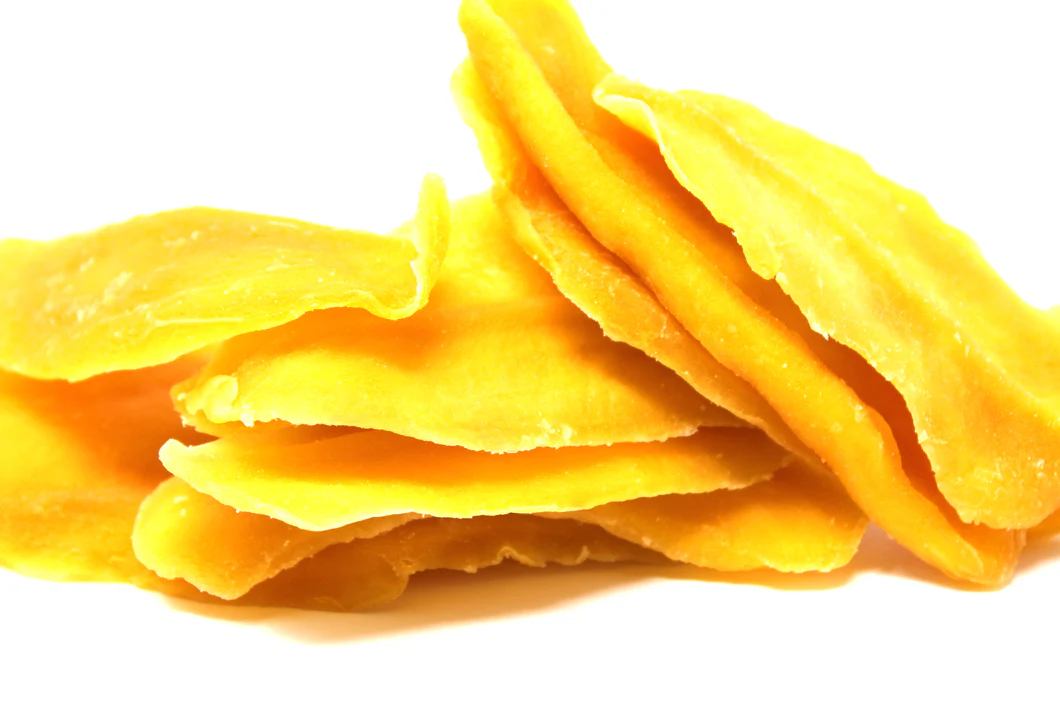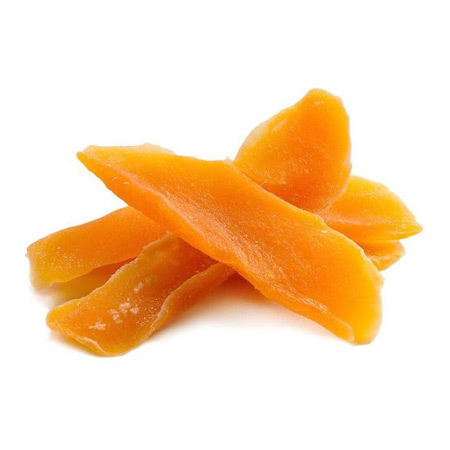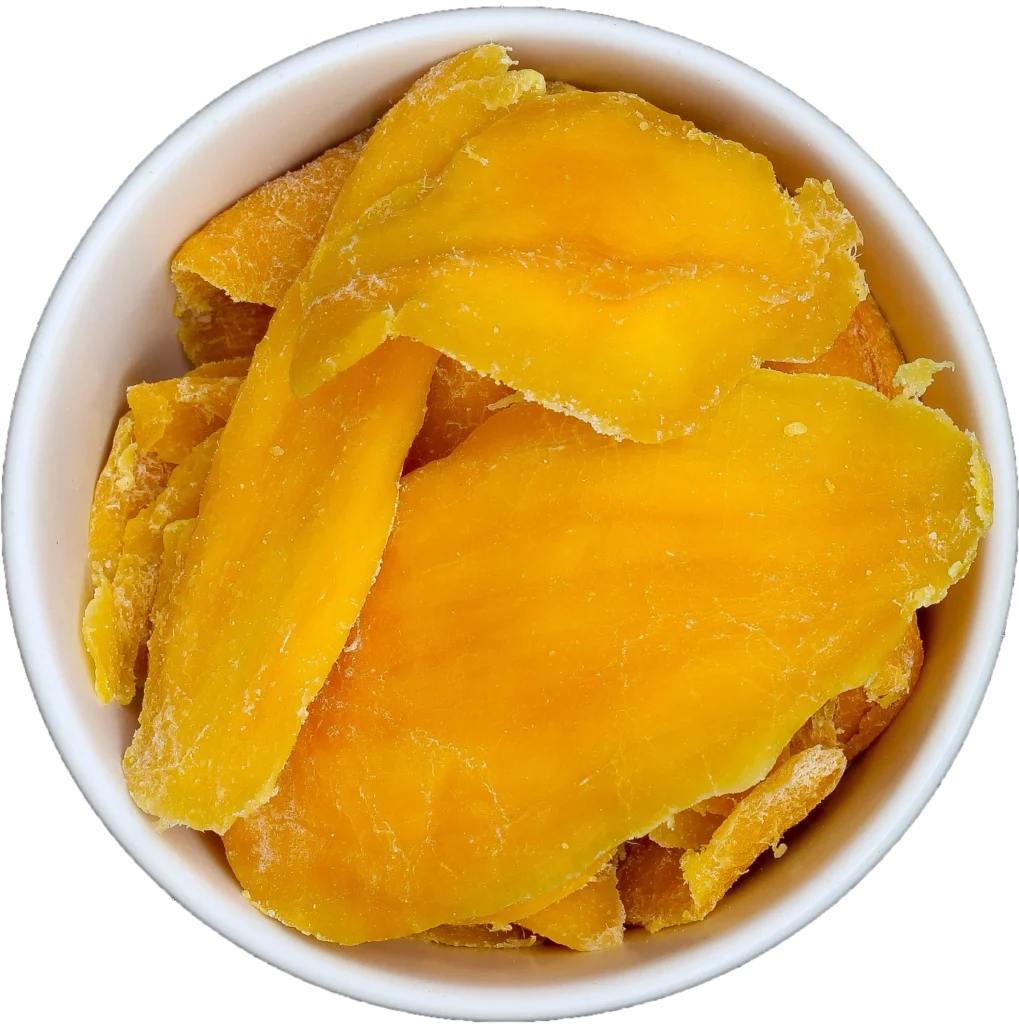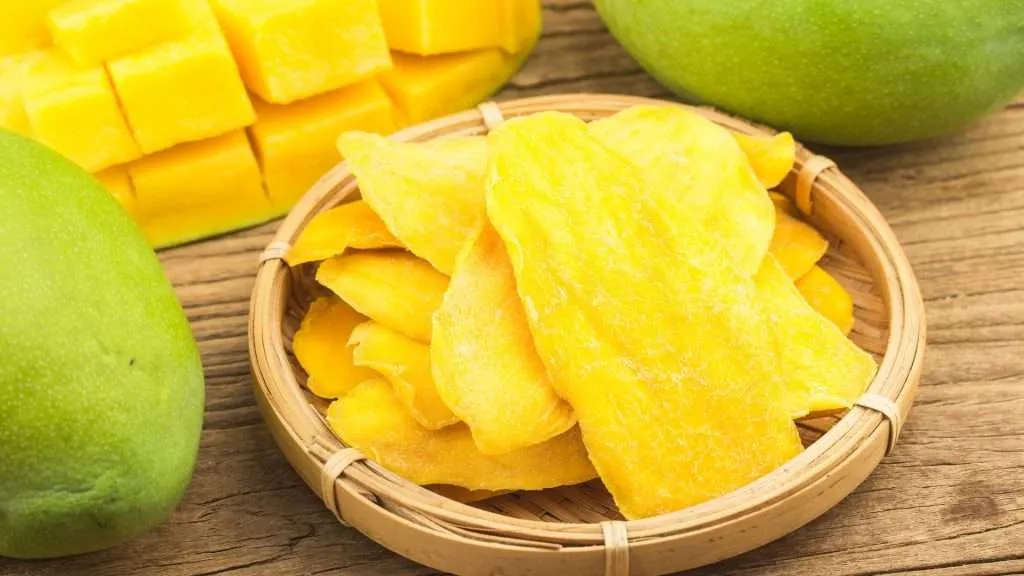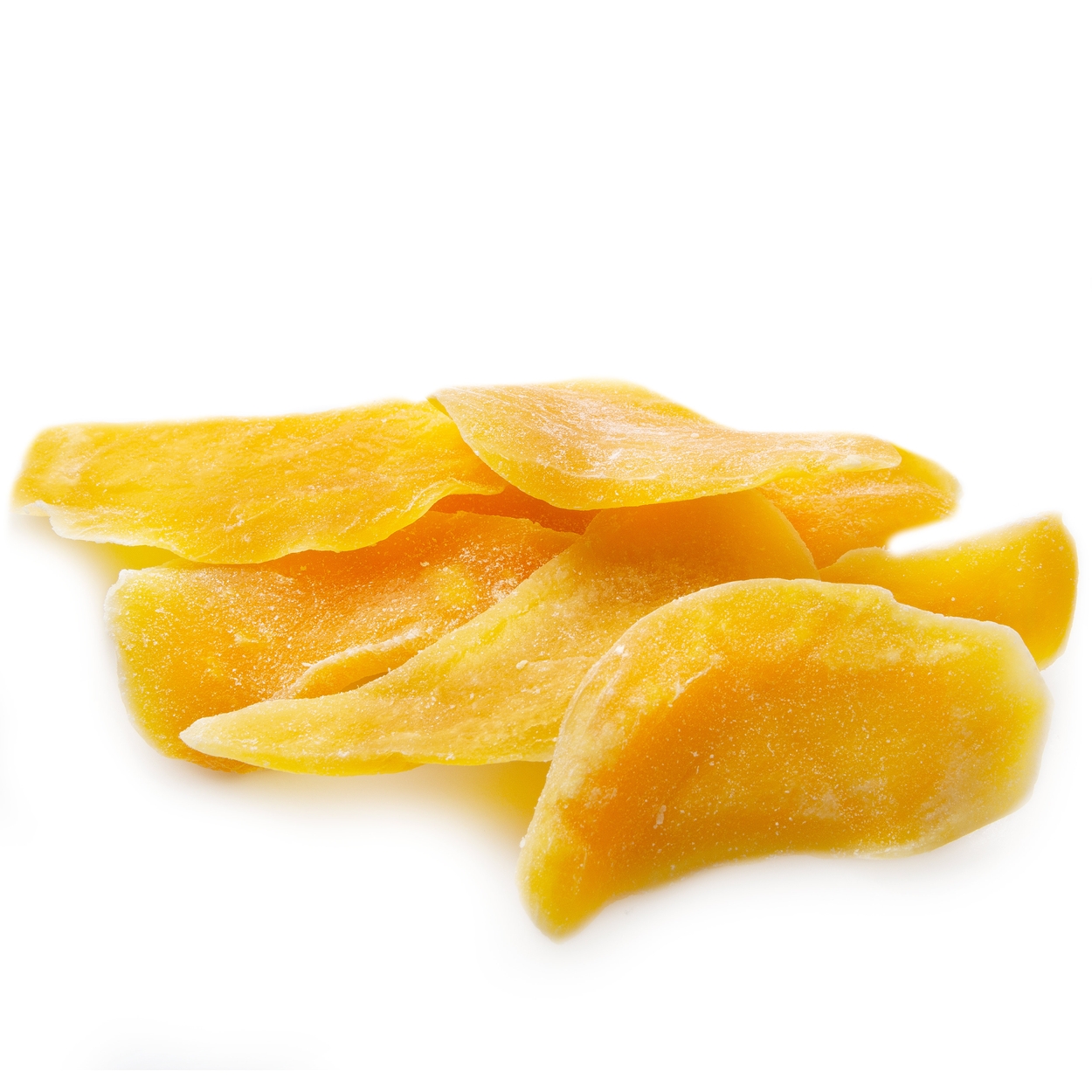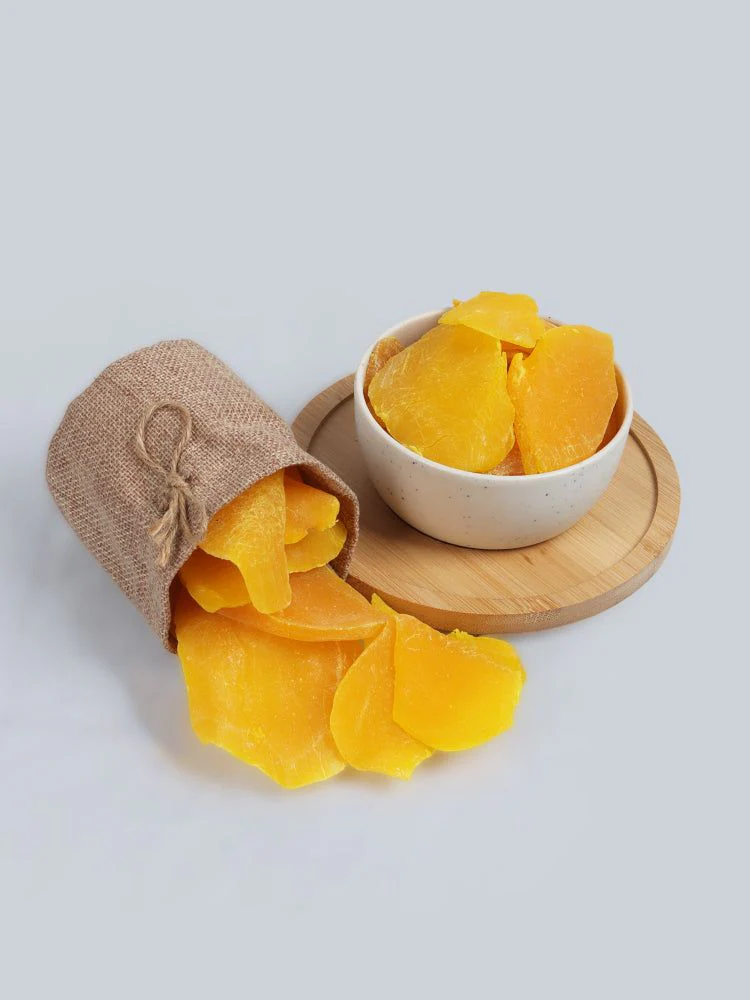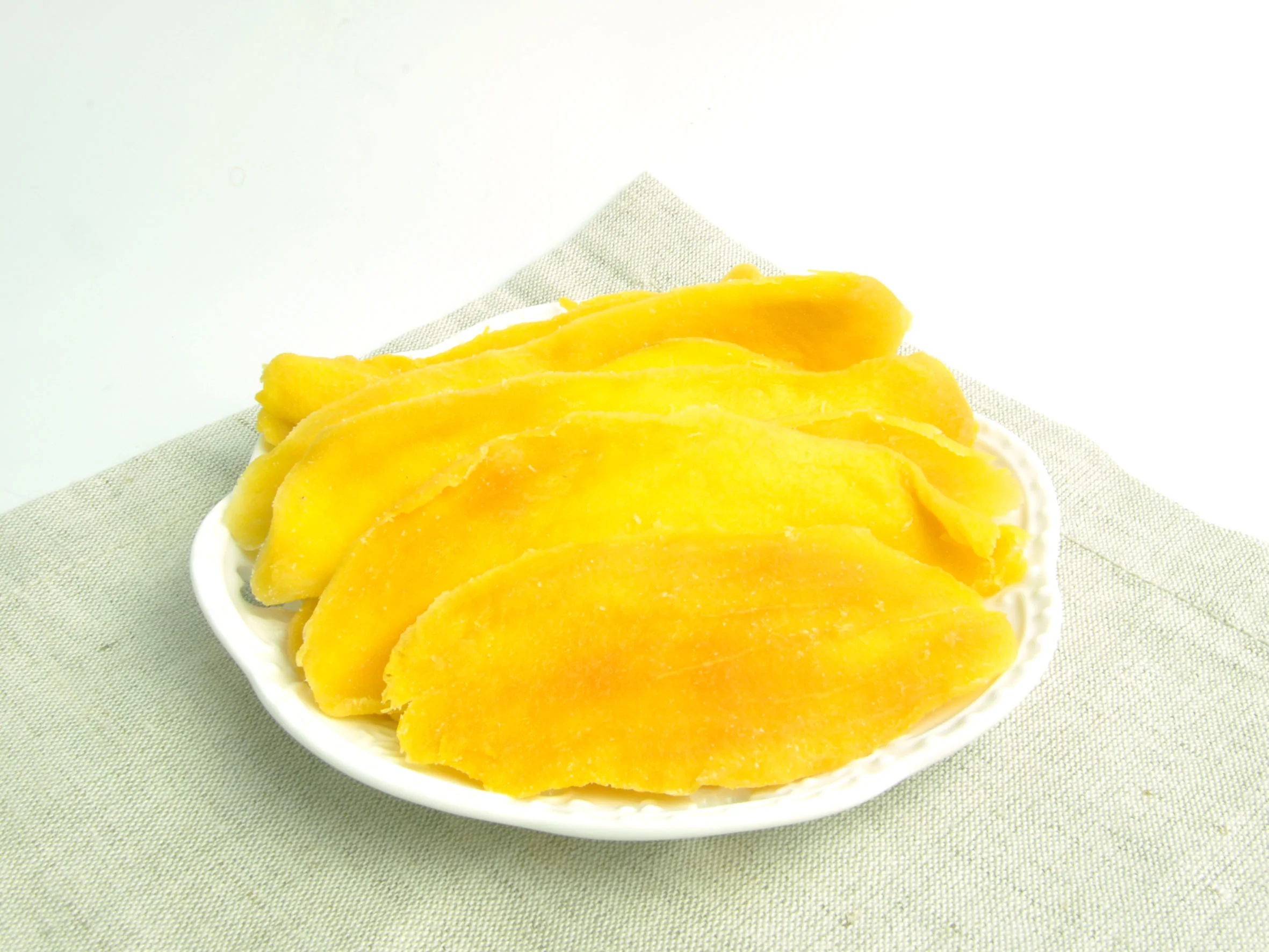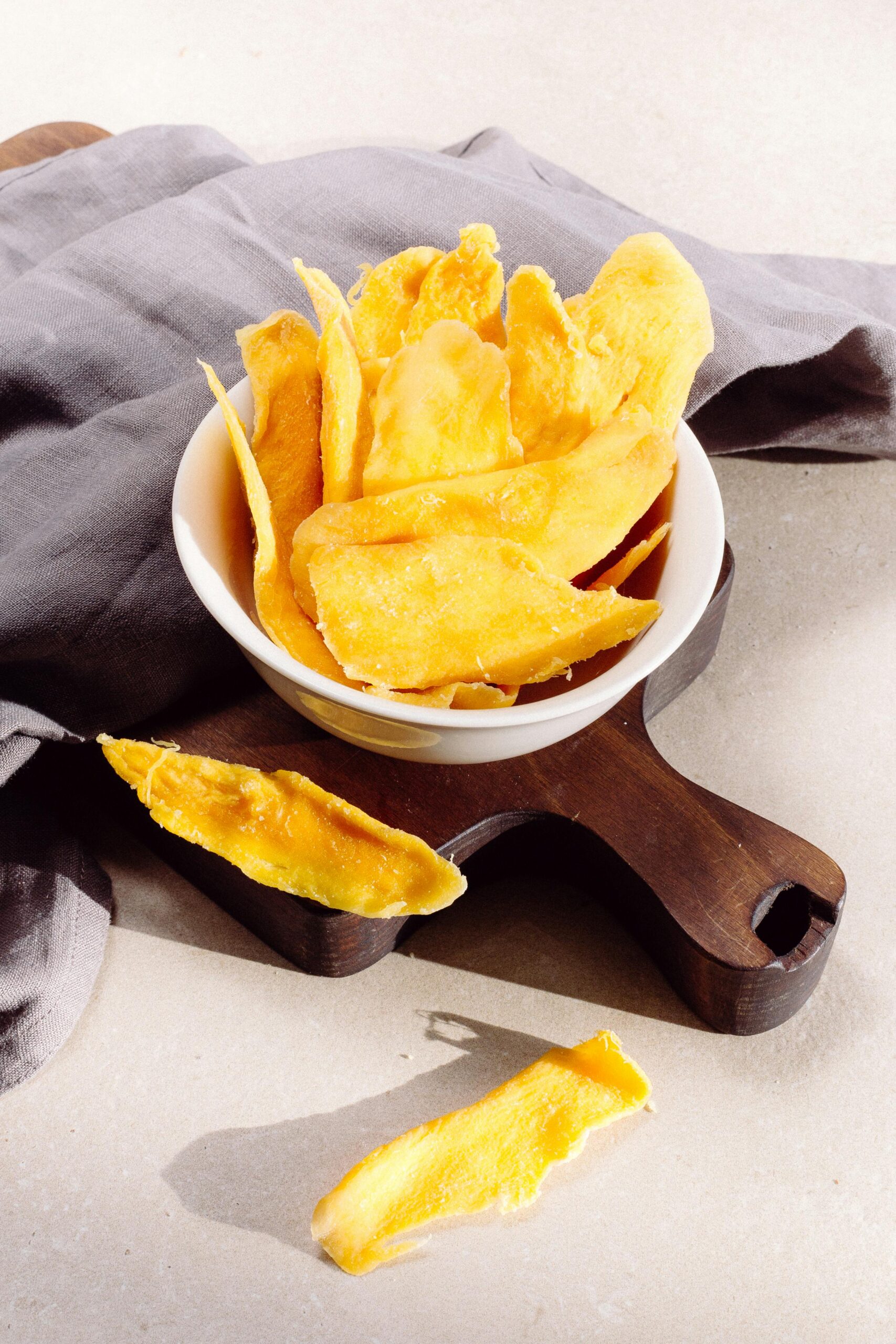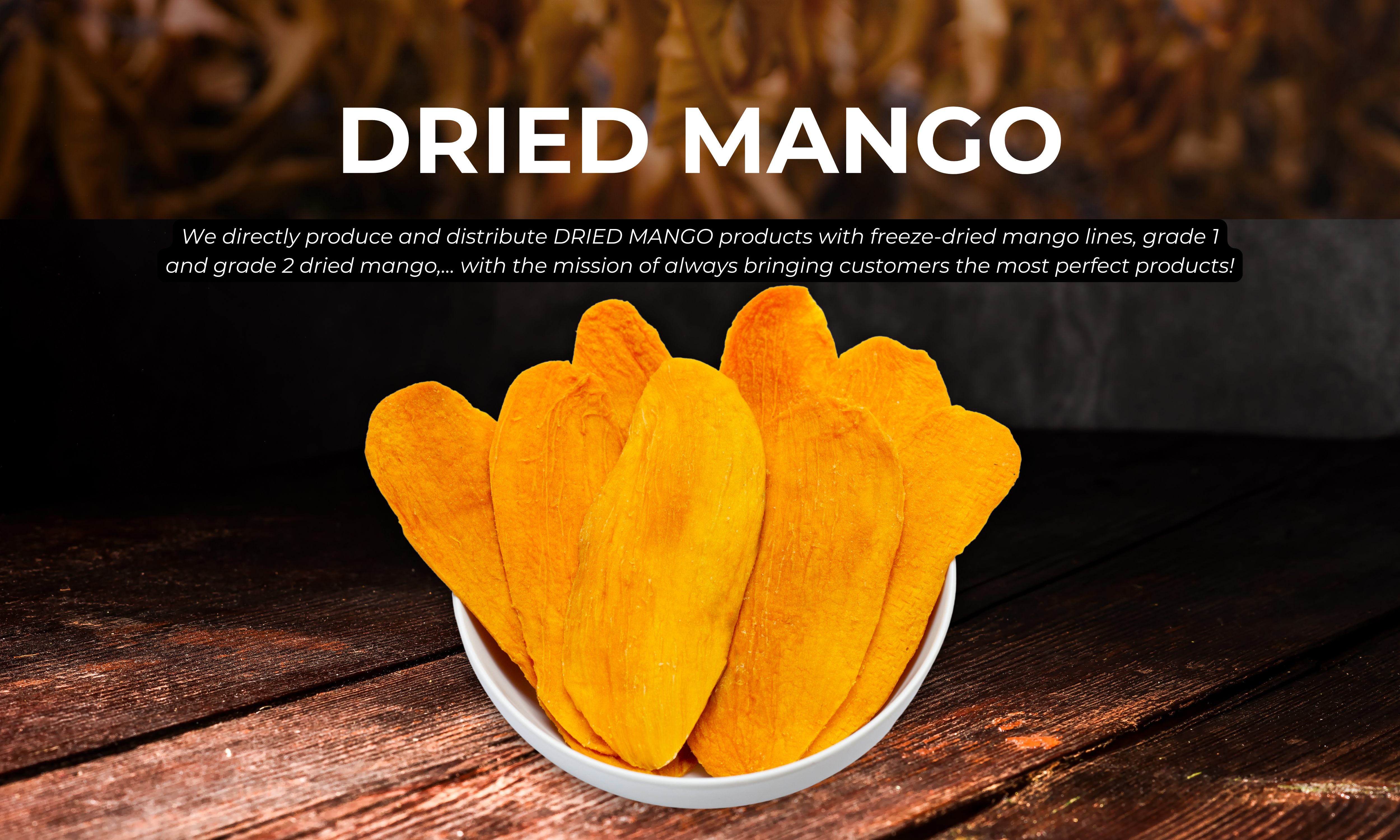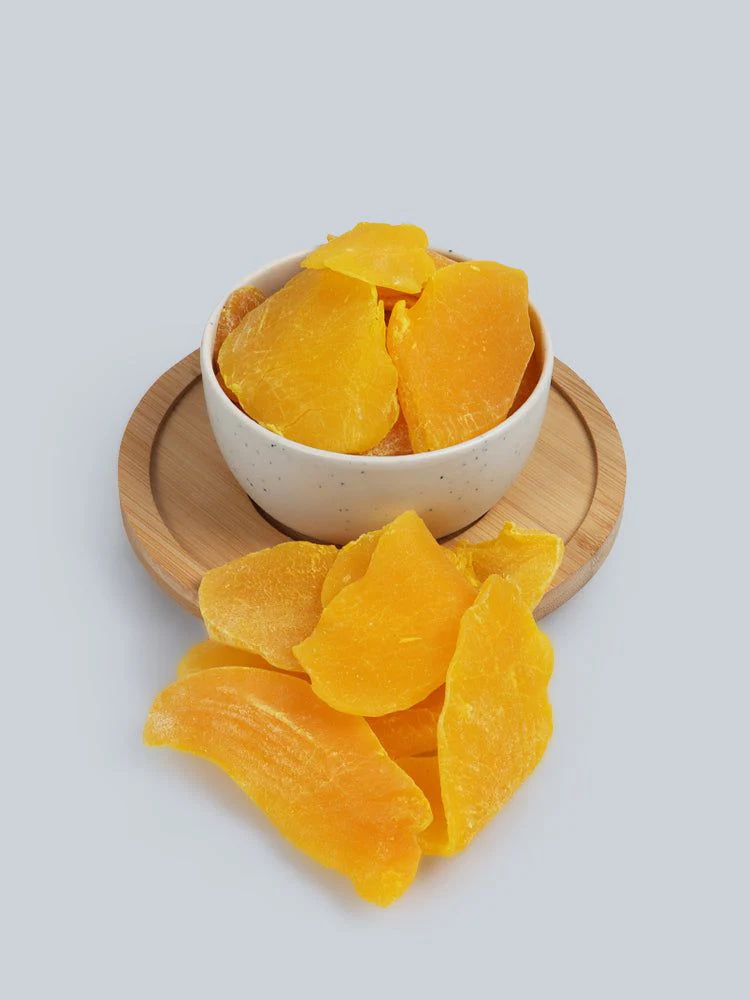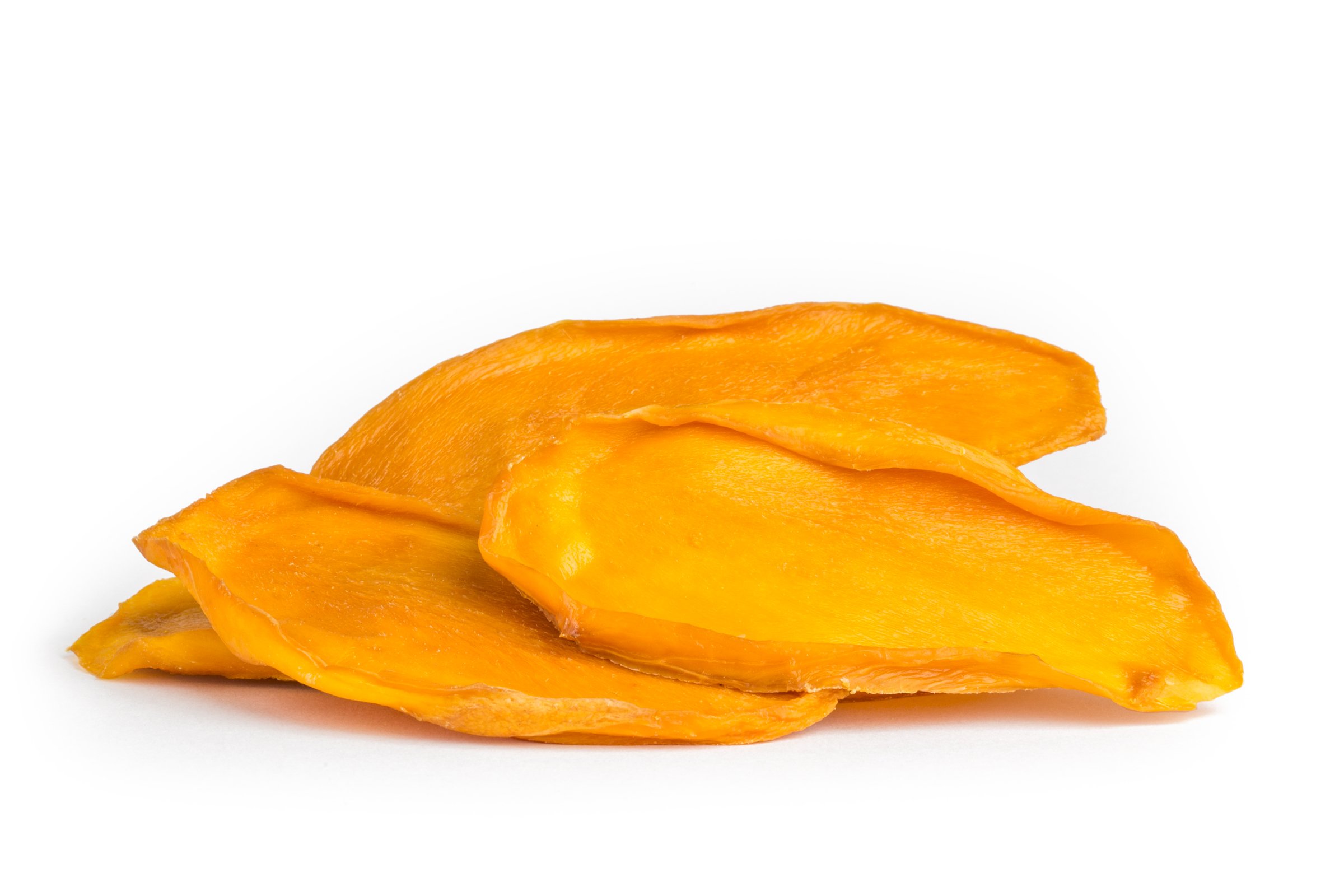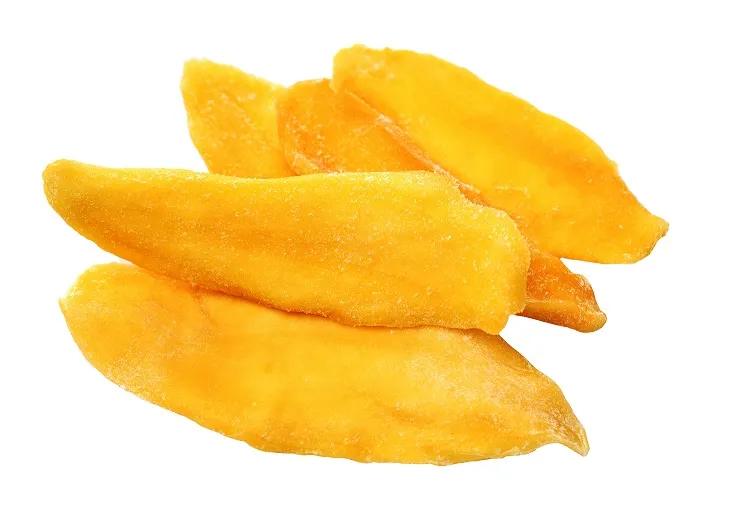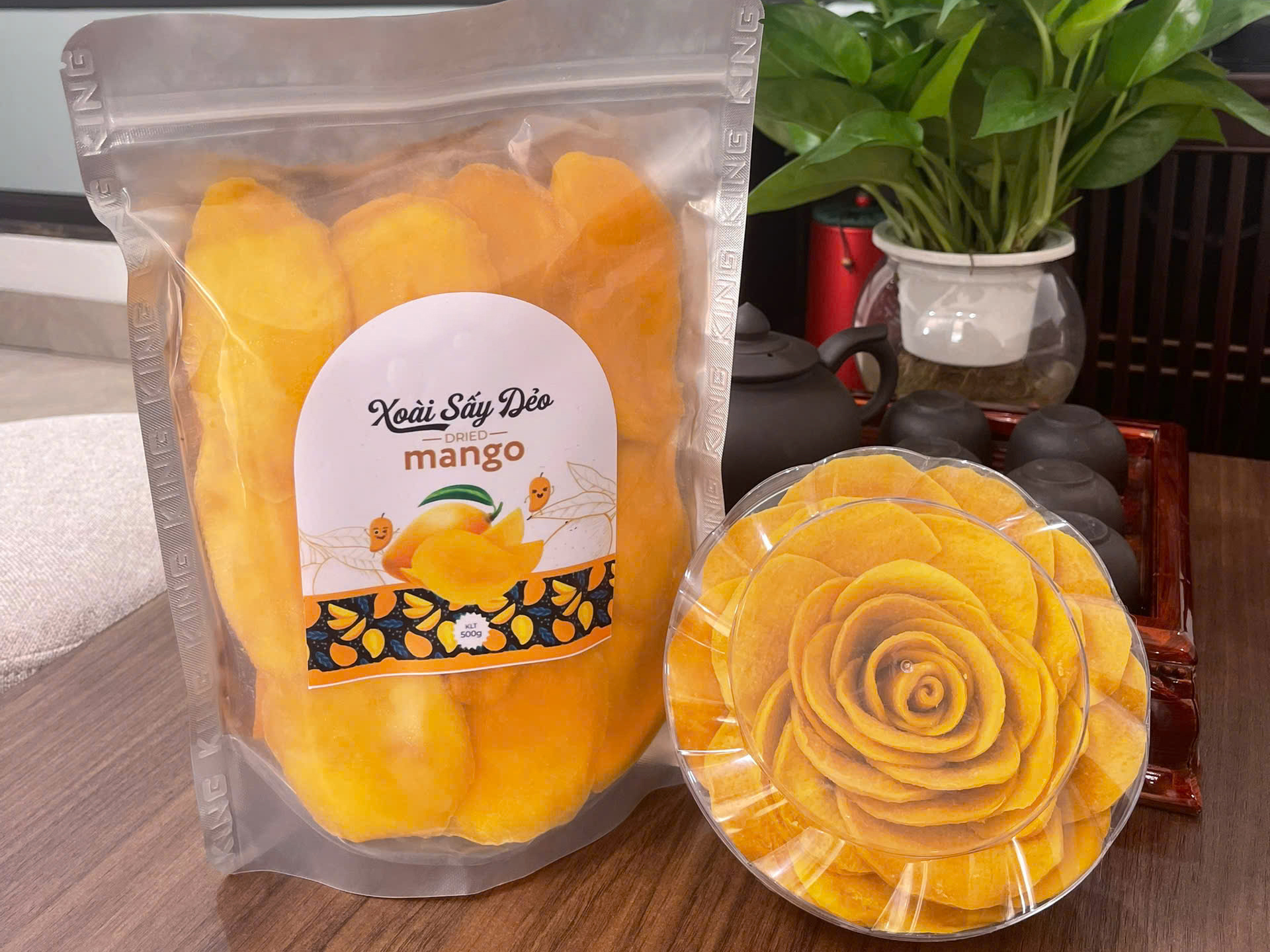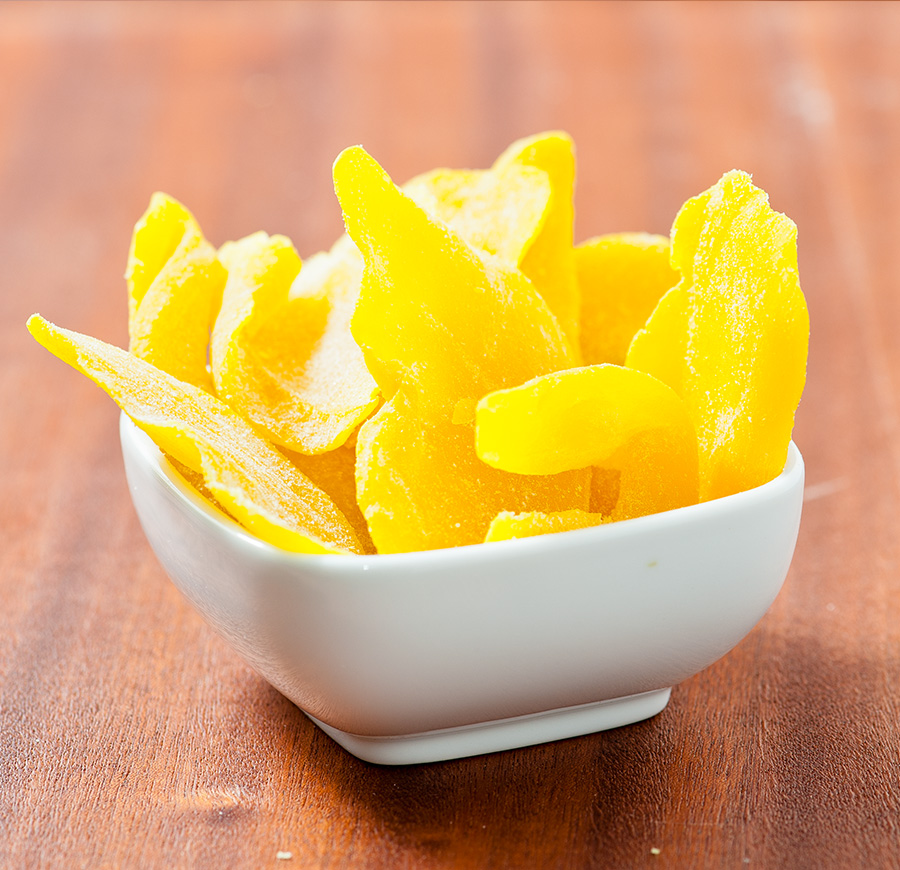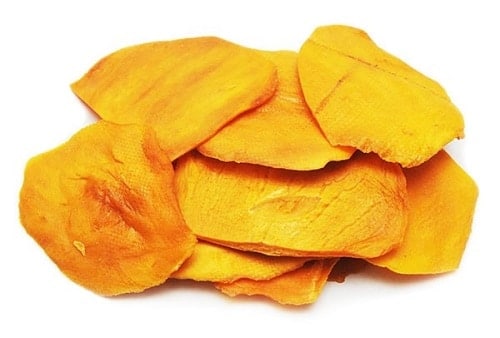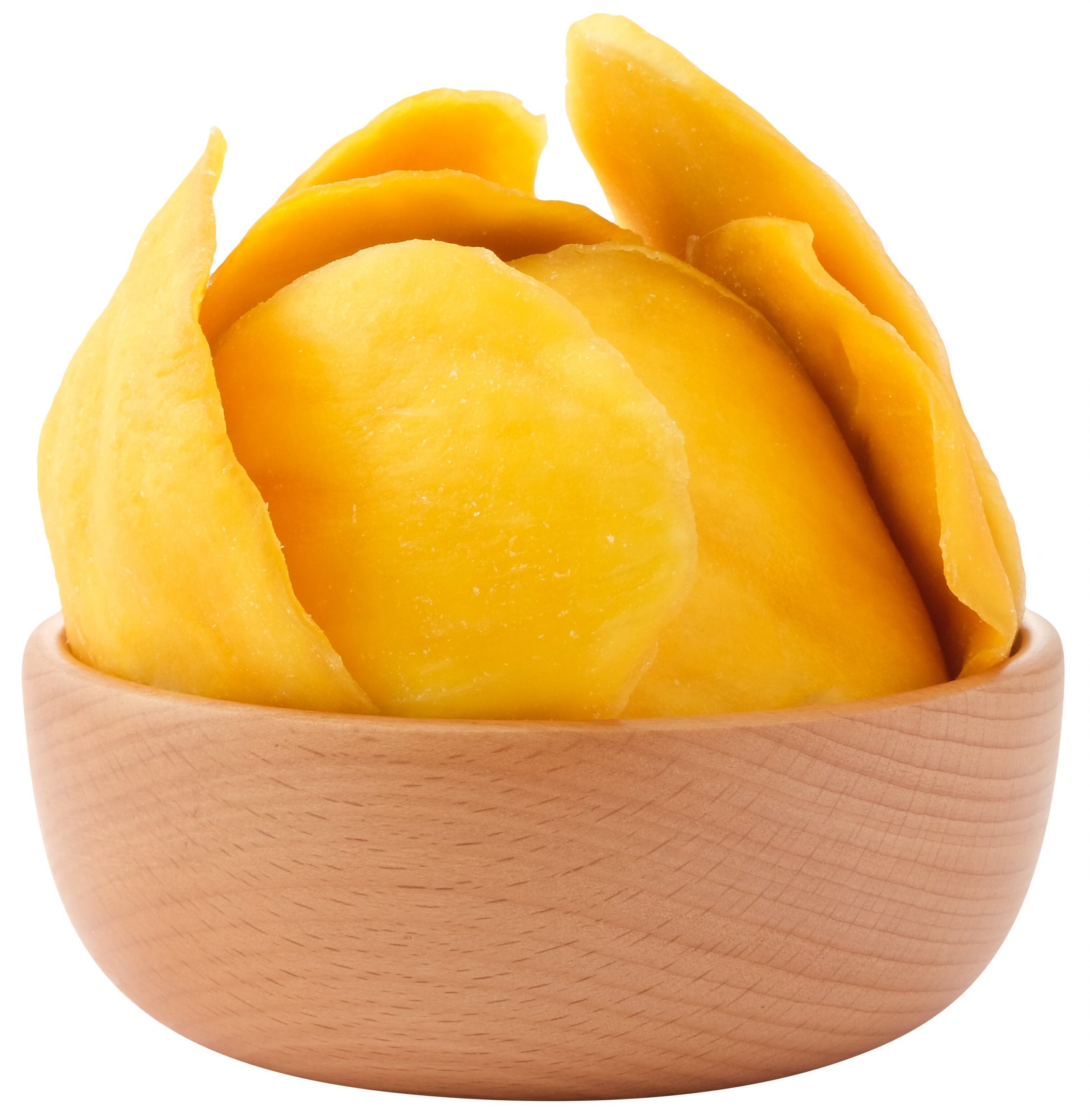Dried mango is a popular snack known for its delicious candy, chewy texture, and herbal tropical taste. Whether you are an adventurous foodie, a fitness-aware person, or just someone seeking out a smooth snack, dried mango may be a terrific addition to your pantry. But what happens while you’re in finance? Can you revel in this treat without breaking the bank? The answer is yes – and in this text, we’ll explore how you may find low-priced dried mango, its blessings, and tips on buying it without compromising pleasant.
What is Dried Mango?
Dried mango is made by disposing of the water content material from clean mangoes, concentrating their natural sugars and flavors. The system typically involves cutting the fruit, dehydrating it, and then packaging it on the market. Dried mangoes can be available in a number of forms, from strips to cubes, and may be sold with or without delivered sugars and preservatives.
Why Choose Dried Mango?
There are several motives why dried mango is a famous desire among consumers:
- Long Shelf Life: Dried mango, not like sparkling fruit, does not destroy quick. Its shelf life is extensively longer, making it a handy snack to inventory up on.
- Convenience: It’s lightweight, transportable, and doesn’t require refrigeration. This makes it an excellent snack for touring, hiking, or packing into lunchboxes.
- Nutritional Benefits: Mangoes are rich in vitamins, especially vitamins C and A, in addition to antioxidants and fiber. Dried mango keeps the maximum of the nutrients determined in clean mango, although a few nutrients may additionally lessen for the duration of the drying procedure.
- Naturally Sweet: Dried mango has a obviously candy taste, presenting a healthier alternative to processed sugary snacks and candies.

(Dried mango retains the maximum nutrients identified in clean mango such as vitamins C and A)
Can You Find Cheap Dried Mango?
While some premium manufacturers offer high-quit, organic, or strong-point dried mango merchandise that can be quite steeply priced, there are plenty of less expensive options available on the market. Here are a few guidelines for finding price range-friendly dried mango:
1. Shop in Bulk
Buying dried mangoes in bulk allows you to save substantially. Many fitness meal stores or online marketplaces like Amazon and Costco provide bulk-dried mangoes at decreased prices. The larger the amount, the less expensive the in-line with-unit price. If you’re someone who enjoys dried mango often, shopping for it in bulk makes proper monetary sense.
2. Look for No-Frills Brands
Premium-dried mango manufacturers regularly include fancy packaging, organic certifications, or distinguished taste combos that force up the charge. However, many established manufacturers offer identical products at a fraction of the fee. In most cases, the difference is just inside the emblem and presentation, not the best of the fruit itself. Some stores, such as Walmart, or grocery store chains like Aldi, have finances-pleasant dried mango alternatives that still have amazing flavors.
3. Check Online Retailers
Online retailers like Amazon, eBay, and specialized meal marketplaces often have lower expenses compared to brick-and-mortar shops. Additionally, many e-commerce structures provide reductions or bulk shopping for alternatives. It’s really worth comparing fees and analyzing opinions earlier than making a buy.
4. Avoid added sugar and preservatives
Although some of the dried mangoes have added sugar, sulfur dioxide, and other ingredients, this can increase the price of the product. It is usually cheaper to opt for plain dried mangoes which are neither sweet nor preservative and are a healthier option. You may pay a little extra for organic or “all-natural” dried mangoes, but it’s generally worth the higher quality.
5. Discount & Dollar Stores
If you are looking for relatively simple deals, check out discount stores like Dollar Tree or Big Lots. These stores usually carry snacks, including dry fruits, at affordable prices. While the quality may vary, you can sometimes find good deals on cheap dried mangoes.
6. Make it your own
If you have time and patience, you can dry your mangoes at home. Just buy a fresh ripe mango, slice it thin, and dehydrate it with a low-temperature food dehydrator or your oven. Not only will this save you money, but it will allow you to control the ingredients (no added sugar or preservatives) and create a product you love.
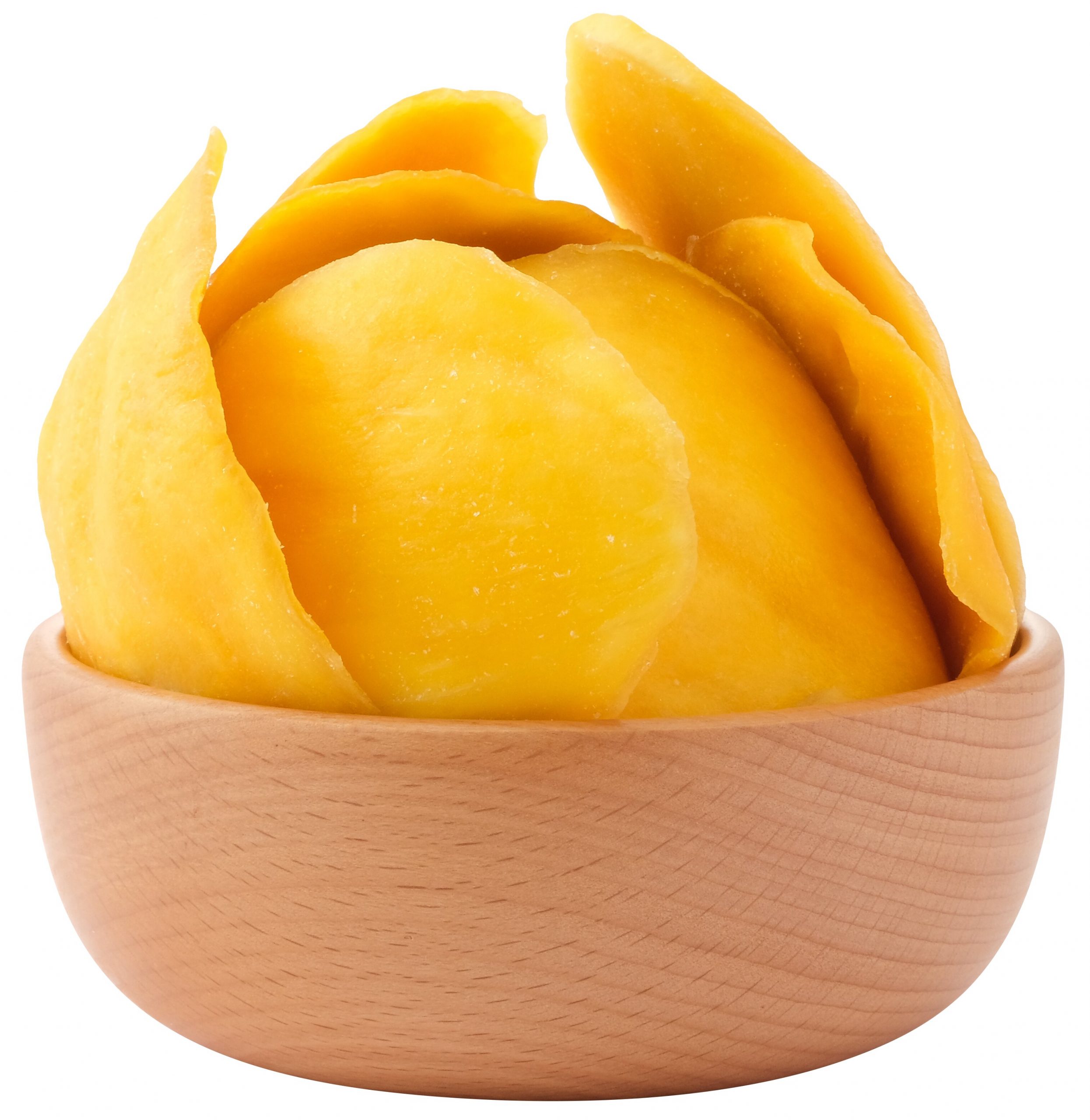
(Look for quality places to shop like Amazon or Sontana Spices & Dried Fruits)
Conclusion: Is Cheap Dried Mango Worth It?
If you’re on a budget and looking for a healthful, scrumptious snack, reasonably-priced dried mango is an extremely good option. By purchasing cleverly, you can locate low-priced products that also offer amazing flavor and nutritional blessings. Whether you are buying in bulk, deciding on a no-frills brand, or making your personal domestic, there are many ways to experience this tropical deal without spending a fortune.
Of course, it’s critical to stabilize price with satisfactory – while reasonably-priced dried mango may be a tremendous option for some, you may choose to splurge on premium manufacturers in case you’re after a richer, more flavorful enjoy. Ultimately, it’s about finding what works for your price range and your taste buds.
